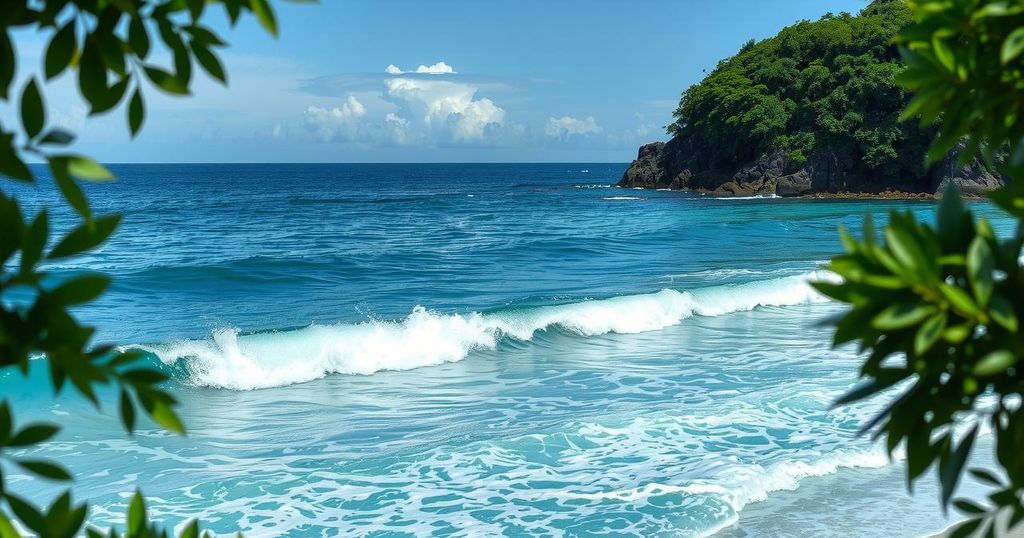The International Seabed Authority is meeting in Jamaica to address the contentious issue of deep-sea mining regulation. With a metals company planning to submit a license application, discussions have become urgent. Key nation representatives are advocating for a cautious approach, while industry voices seek expedited agreements. The complexity of interests highlights the need for a comprehensive mining code to protect marine ecosystems while enabling resource extraction.
The resumption of discussions surrounding deep-sea mining took place in Jamaica, where several nations partnered with campaign groups to advocate for careful regulation of this controversial practice. The meeting aims to formulate the first mining code for deep-sea mineral extraction, which has been criticized for threatening marine ecosystems. With a metals company poised to submit a license application, concerns grow regarding the potential for unregulated operations.
French envoy Olivier Guyonvarch indicated that consensus on a final mining code remains elusive, as the latest draft is marked by significant disagreements. Meanwhile, a representative from Costa Rica proposed a “precautionary pause” to collect necessary data and develop a comprehensive legal framework. Despite this suggestion gaining traction, it lacks broad support among the 169 member countries of the International Seabed Authority (ISA).
China’s representative countered the calls for a pause, asserting that measures for environmental protection do not have to halt exploitation. The ISA is tasked with regulating seabed mineral extraction beyond national waters while also safeguarding these poorly understood marine environments. Its Council has been negotiating a mining code for over a decade, with focus on vital minerals like nickel, cobalt, and copper essential for the energy transition.
Although the urgent need for a mining code has become increasingly apparent, existing disagreements continue to hamper progress. African nations worry that the extraction of mineral wealth might adversely impact their economies or deprive them of potential benefits. It is crucial, as voiced by the continent’s representative, that underwater extraction does not hinder Africa’s sustainable development goals. Industry representatives criticize these delays, citing significant investments and increasing legal and financial risks tied to prolonged negotiations.
Notably, Nauru Ocean Resources Inc., linked to Canadian firm The Metals Company, plans to submit an extraction application for polymetallic nodules in June, with Nauru officially endorsing the proposal. However, countries such as Chile oppose this move, emphasizing the need for established rules before accepting applications. Sofia Tsenikli, the DSCC Campaign Director, urged ISA members to resist industry pressure that could potentially harm ocean health and contribute to a broader planetary crisis.
NGOs have expressed hope in newly appointed ISA chief Leticia Carvalho, anticipating a shift from the previous leadership accused of favoring industry interests. While the Council aims to finalize the mining code within the year, Carvalho has emphasized the need for progress by July and acknowledged the possibility of an adjusted timeline.
In conclusion, the discussions on deep-sea mining regulation in Jamaica have highlighted significant concerns regarding the potential environmental impact of unregulated extraction. Key nations are advocating for caution and a more reflective approach while industry representatives push for quicker resolutions amid looming applications. The delicate balance between resource extraction and environmental preservation remains contentious, with ongoing negotiations aimed at finalizing a mining code to guide future practices. The call for a precautionary pause reflects the complex interplay of interests at play, underscoring the need for thorough deliberation and collaboration among stakeholders.
Original Source: www.youralaskalink.com




